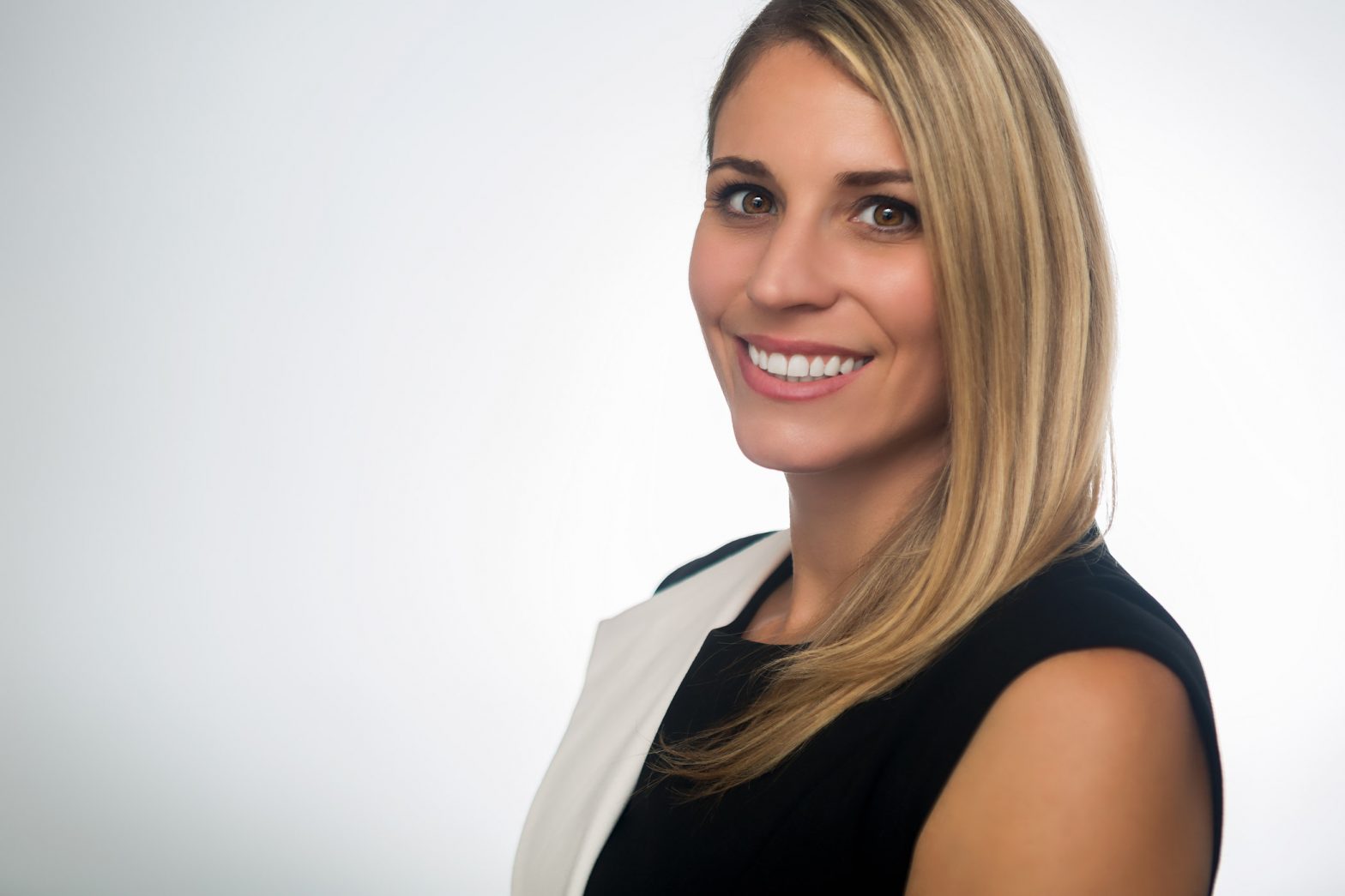Evidence-based medicine and compassion are inseparable.
When we as physicians remove evidence-based medicine from compassion, we end up compassionately bloodletting George Washington to death in 1799 based on the superstition of antiquarians. When we as physicians remove compassion from evidence-based medicine, we become insensitive automatons who stress patients and risk overlooking their cues.
Robots lack compassion & creativity
In the world of medicine, I recognize that the tandem, inseparable union of evidence-based medicine and compassion is what makes us good physicians. While robots help augment diagnosis and treatment, they lack the gestalt we earn over the years that is exclusive to the human experience, combining knowledge and experience with compassion and empathy—the ability to console our patients that we, too, would feel the way they feel if we were in their shoes.
Compassion also goes beyond the clinic. Blessed to have worked behind the scenes in the medical field for several years, I encountered the insurance and compliance side of medicine that most medical students don’t experience until after residency. Pushing all that paper evoked compassion in me for patients who must navigate the maze of insurance throughout their health care experience, all while feeling like a number. After listening to a very anxious patient and his wife during an externship at Ironwood Cancer and Research Center, I applied my knowledge of the insurance industry to lead them through the complicated web of if/then insurance information to find a pulmonologist on his plan who would perform a specific procedure needed to stage his cancer.
It was amid the need for compassionate human connection where I developed my interest in Family Medicine. We weren’t merely diagnosing and treating the patient; we were improving their healthcare-related quality of life. I was rapidly forming esoteric bonds with my patients on what might be their worst day. They didn’t know me, yet I was a part of making decisions about their health care, entrusted with their precious lives. During my rotations, I was able to observe how other physicians establish a bond with their patients, each doing so in their own way. Their clinical knowledge paired with compassion has taught me the benefit of good bedside manner on patient outcomes.
Instead of through rote textbooks, I began to see real-life patients as a hands-on learning environment. Living in a third-world country surrounded by many different cultures allowed me the experiential learning environment to become more adept—not only culturally aware but culturally responsive according to patient needs within their surrounding unit of family and influencers.
Are you the lady helping my gramma get better?
The compassion and empathy I have for patients has been noticed not only by other physicians but also by the patients themselves. During my Family Medicine rotation, I was involved in the care of a wonderful woman who was being seen for some slight shortness of breath. We had a lovely chat about her grandkids and their routine visits during winter break. I followed her care and saw her again a week later to go over her chest X-ray results and get her started on pneumonia treatment. She returned for a two-week follow-up and brought her granddaughter with her. Upon entering the room, this young girl immediately inquired, “Are you the lady helping my gramma get better?” Nodding the affirmative, she then proceeded to give me a big hug. Those are the moments that make the hours of studying and the sleepless nights worth it all.
Patient feedback isn’t limited to the clinic. I really enjoy getting involved in the local community because it helps create a bridge to better patient care, especially in the more rural communities. While in Antigua, I helped setup free health fairs for the locals where access to healthcare is challenging for many with financial hardship.
No medical textbook mentions Compassion.
While we constantly learn valuable new manifestations of clinical evidence, compassion is not something that can be learned from a textbook. In medicine, we are taught the distinction between sympathy and empathy, but no textbook ever mentions compassion. Compassion can’t be taught, but if it lies internally in yourself, in your heart, it can be awakened. Each patient has a story to tell—some more painful than others—but it is our job as physicians to listen to these stories to gather the information that helps heal their wounds. Sometimes patients might ask me to hold their hand while they pray. Sometimes they only need a comforting touch when told difficult news. A good physician is one who treats their patients for more than just their clinical diagnosis. How I handle each unique situation affects each patient in their time of need. Their resulting comfort while healing is what medicine is all about.
Giving back
My goal in life—armed with the medical knowledge my training has provided and the compassion that lies within in me—is to improve the healthcare-related quality of life of every patient I encounter by combining evidence-based diagnosis and treatment with compassionate care. I would love to give back to the community by working in hospitals and outpatient clinics. I feel that my life experiences and educational background provide me with the tools to combine the compassion our patients deserve with the evidence-based medicine they need.

